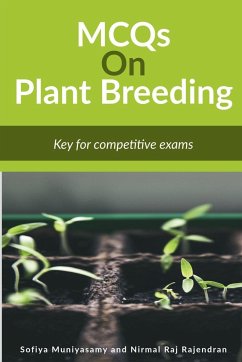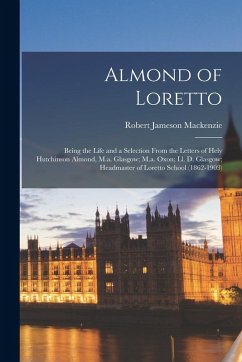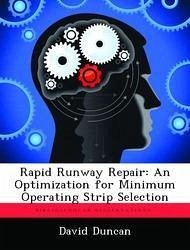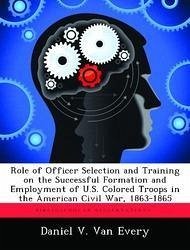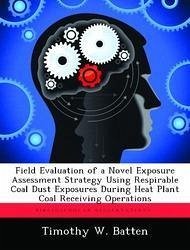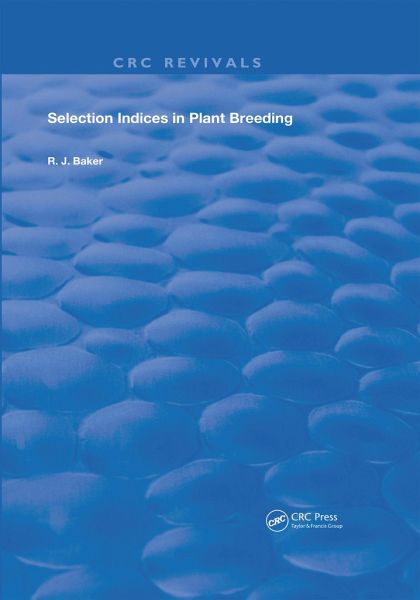
Selection Indices in Plant Breeding
Versandkostenfrei!
Versandfertig in 1-2 Wochen
71,99 €
inkl. MwSt.

PAYBACK Punkte
36 °P sammeln!
First Published in 1986, this book explores the application of Selection Indices in the process of plant breeding. Carefully compiled and filled with a vast repertoire of notes, diagrams, and references this book serves as a useful reference for Students of Medicine, Chiropractors, and other practitioners in their respective fields.





